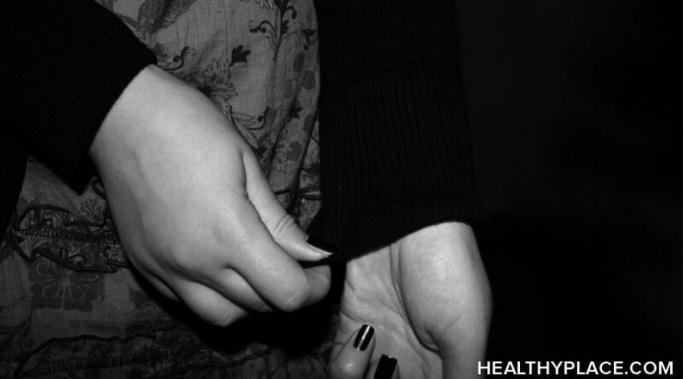There is always something that triggers the interest, want or need to self-harm. Listing self-harm triggers could go on forever, but after looking around at others who have self-harmed, as well as my own background, I found three major triggers that seem to be factors in the self-harming world. The three self-harm triggers that I noticed popped up the most were family, relationships, and bullying.
Mental Health Issues
In this audio blog, a paragraph from a chapter is read that brings forward the issue of Angel vs. Devil. Below is the general idea for the novel, Noon, that I recently published. One character is in the mental health unit at a big hospital in a little town where she receives treatment.
And yes, she self-harms.
Those struggling with drug addiction may have people around who understand or relate to their situation. Even some with severe depression and anxiety have some kind of support system, since action can be taken quickly if willing to get help. Alcohol addicts also have meetings and groups where they can discuss their frustrations in a social, private setting.
What about self-harmers?
Everyday is a struggle – all those dealing with anxiety's racing thoughts and self-harm understand that. But anxiety is an issue that every human being puts up with, whether or not they want to admit it. For those who cut, pull hair, burn or head-bang, anxiety is usually what controls the self-harming behaviors (When Anxiety Leads to Self-Injury).
Christie Stewart
For part two in my Self Injury Awareness Day video series, I sat down for a one-on-one interview with singer/songwriter Chris Pureka, the artist who provided the song “Cruel and Clumsy” for my awareness project. In the interview, we talk about using writing as a healthy coping mechanism and self-injury alternative, as well as what it’s like to write songs that deal with such deep and painful subjects, like self-harm, depression and suicide.
Christie Stewart
On March 1, which is widely known as "Self Injury Awareness Day", I put together a video collaboration with people across the globe to inspire awareness, hope, love, and recovery for mental illness and self-injury.
Christie Stewart
In my last video blog post, I explained how and why anxiety can lead to self-injury; how many people who suffer from anxiety often engage in self-harming behaviors in order to cope with their anxiety symptoms. In this video, I focus on natural vitamins and supplements you can use to combat your anxiety, and therefore lessen your urge to self-injure when triggered by anxiety and panic.
Christie Stewart
It is common for people who have anxiety to engage in self-injury as a coping mechanism, to help reduce the symptoms of anxiety and induce feelings of numbness, or even euphoria. In this video blog, I explain why self-injury seems to calm anxiety in some people -- and why, ultimately; it is an unhealthy coping mechanism that should be replaced by healthy ones.
Christie Stewart
In this video blog, I discuss how to talk to your family and friends who may be in denial about your mental illness - or simply do not believe you at all. I have experienced this personally, and what I have learned is -- some people you can reason with, and others you can't. Here are some tips on how to deal with family in denial, and when to move on from those who won't understand, no matter what you do.
Christie Stewart
If you pick up a book, or look up a website to read the facts about self-injury; you will often find that it is almost always linked to Borderline Personality Disorder. That's because people with BPD often act impulsively in a self-destructive way - generally through alcohol abuse, drug abuse, promiscuity, over spending and gambling or self-injury.



